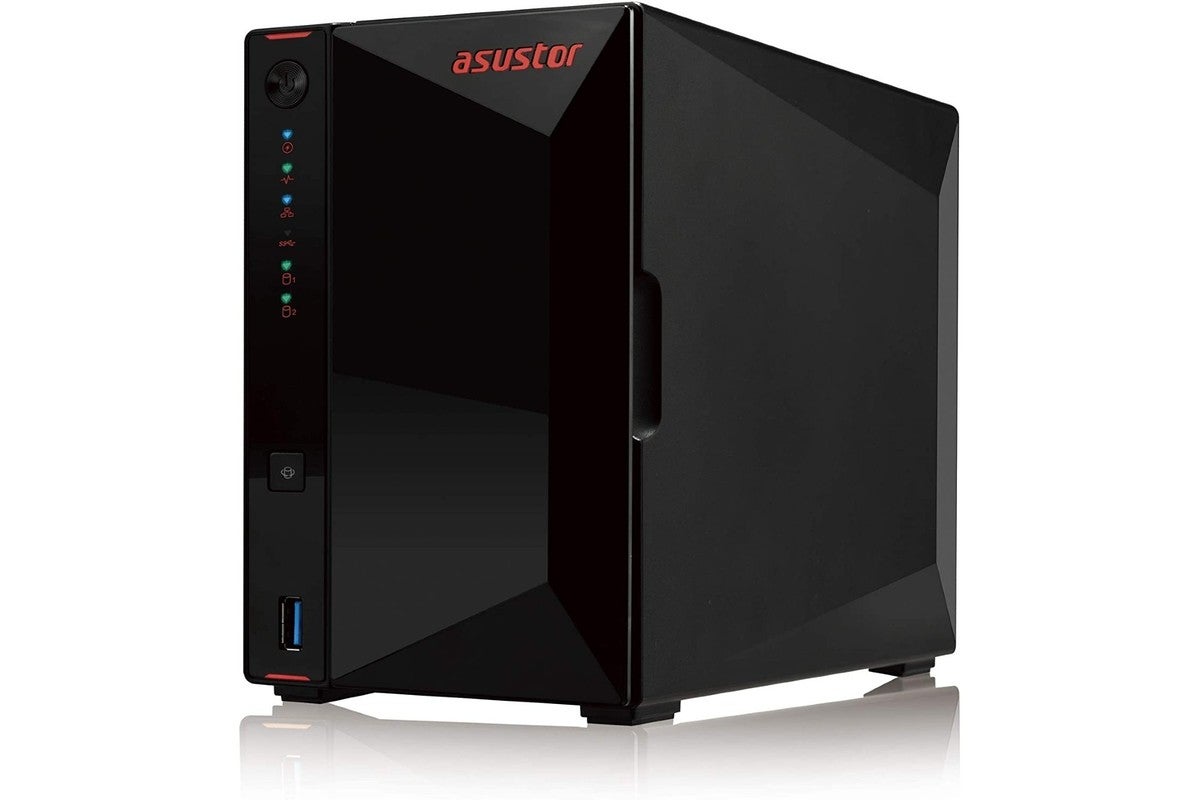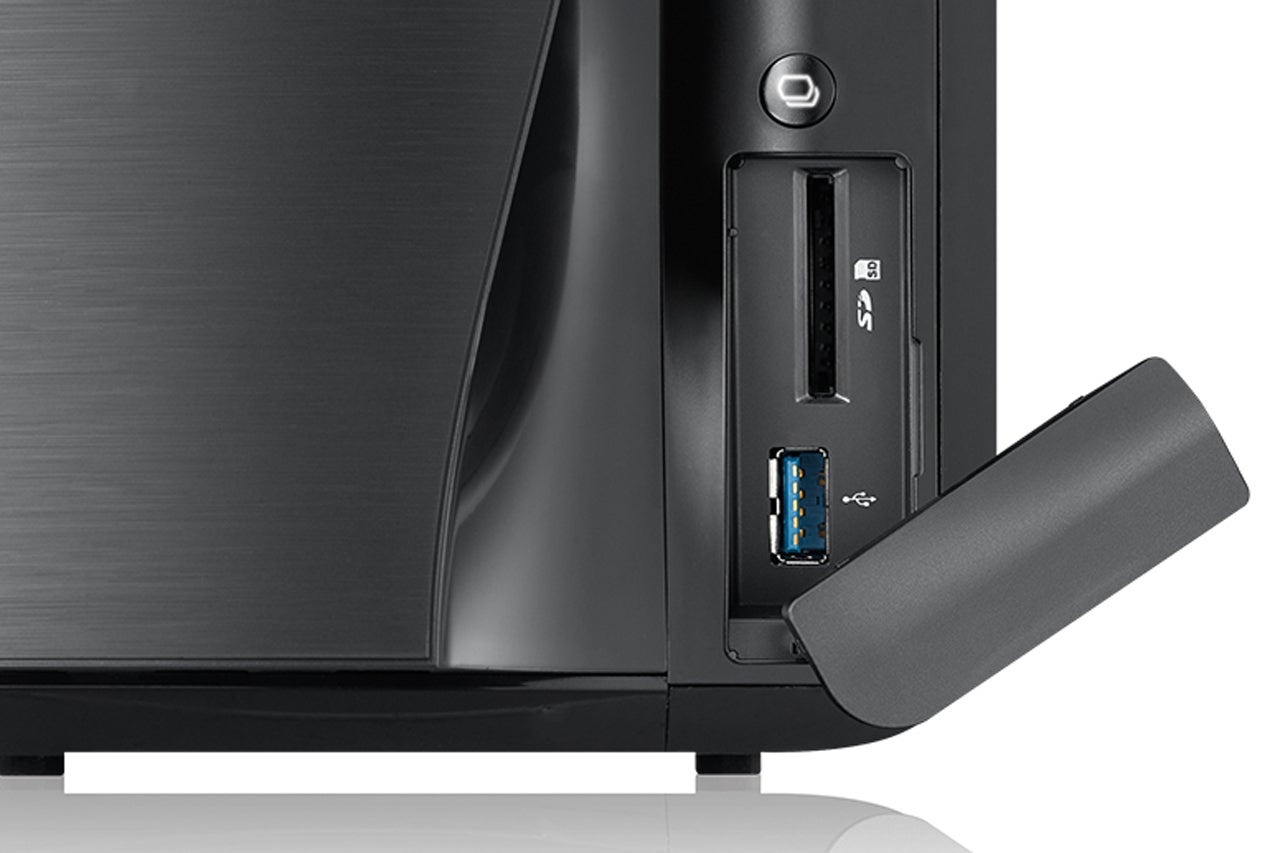

- #Best nas for home video streaming and camera storage install
- #Best nas for home video streaming and camera storage pro
There are so many cameras out there that work with NAS enclosures, but how do you go about choosing one for your home? I'm going to detail a few factors that are (or are not) worth bearing in mind. The RLC-410 works well with the leading brands, including enclosures from Synology, ASUSTOR, and QNAP.

The night vision works very well, allowing you to view up to 100ft, and although it requires you to manually adjust the pan and tilt to position it just right, Reolink provides all the necessary tools to do so. It has everything you need for a starter home surveillance solution, including a 4MP shooter for HD recording, a built-in microphone for capturing noise, great build quality for defending against the elements, and a MicroSD card slot if you don't plan on hooking up a NAS or NVR just yet. PoE makes for a cleaner finish, only requiring a single ethernet cable, and it's elementary to set up and use. The IP66 rating ensures the camera won't sustain damage from the weather. The Reolink RLC-410 is one of the company's more budget-friendly outdoor security cameras, but it actually has everything you need for a compelling solution for the front or back yard. It is a little pricey, though, which may put some people off, especially given there's no internal storage, so you really will need a NAS enclosure connected to really make the most of this camera. It'll also take an ethernet connection from a PoE source, allowing you to cut down on installation time, cost, and stress. It'll pan and tilt around to get the right angle, too, so don't fret about spending hours trying to position the unit just right. While it doesn't have optical zoom, HIKVISION does include a rating of IP67, making it suitable for all weather. The IR LEDs are excellent, allowing a night vision range of up to 100ft.

You've got a 2MP main shooter with a resolution of 1080p. The HIKVISION EXIR (2CD2342WD-I) is a pretty good outdoor-focused camera, and it should be considering it's by far the most expensive camera in our collection. The recording quality is good for its size (and price), and the available features like manually setting detection zones are excellent in this class despite being a little fiddly. It has IR LEDs for night vision, a built-in SD card reader, and a pretty good smartphone app.
#Best nas for home video streaming and camera storage pro
Where the E1 Pro really does shine is the optics, thanks to the 4MP shooter. There's no ethernet port on this camera, nor is there PoE. All you need is a power source, which can be an issue if you already have an integrated wired network.
#Best nas for home video streaming and camera storage install
Because it's a compact dome camera, you can install it pretty much anywhere in the home. They're all built to a high standard, much like the E1 Pro, and work with the most popular NAS enclosures. The company as a whole is really crushing it with its latest catalog of home and office surveillance cameras. To mitigate this you’ll want another external backup, preferably to the cloud.The Reolink E1 Pro takes our top spot thanks to its feature set, size, and support for NAS as well as the official mobile apps. If the box just dies, or if something catastrophic happens like a fire, you’ll still lose all your data. Whichever you choose however, don’t consider your NAS to be the only backup of your data. RAID 6 meanwhile requires four drives but offers both striped and dual parity, so two drives could fail and the RAID could still recover. As data is ‘striped’ across three drives, reads are fast, but at the expense of slower writes because of having to also write the parity data. That means a RAID 5 array can withstand a single drive failure without losing data or access to data. RAID 5 requires at least three drives and offers parity data. You can then replace the faulty disk, and rebuild the RAID array. In this scenario, the second drive is a mirror of the first, so if one drive fails completely all your data is safe on the other.

Most NAS drives will offer at least two bays, which means that you can set them up as RAID 1.


 0 kommentar(er)
0 kommentar(er)
